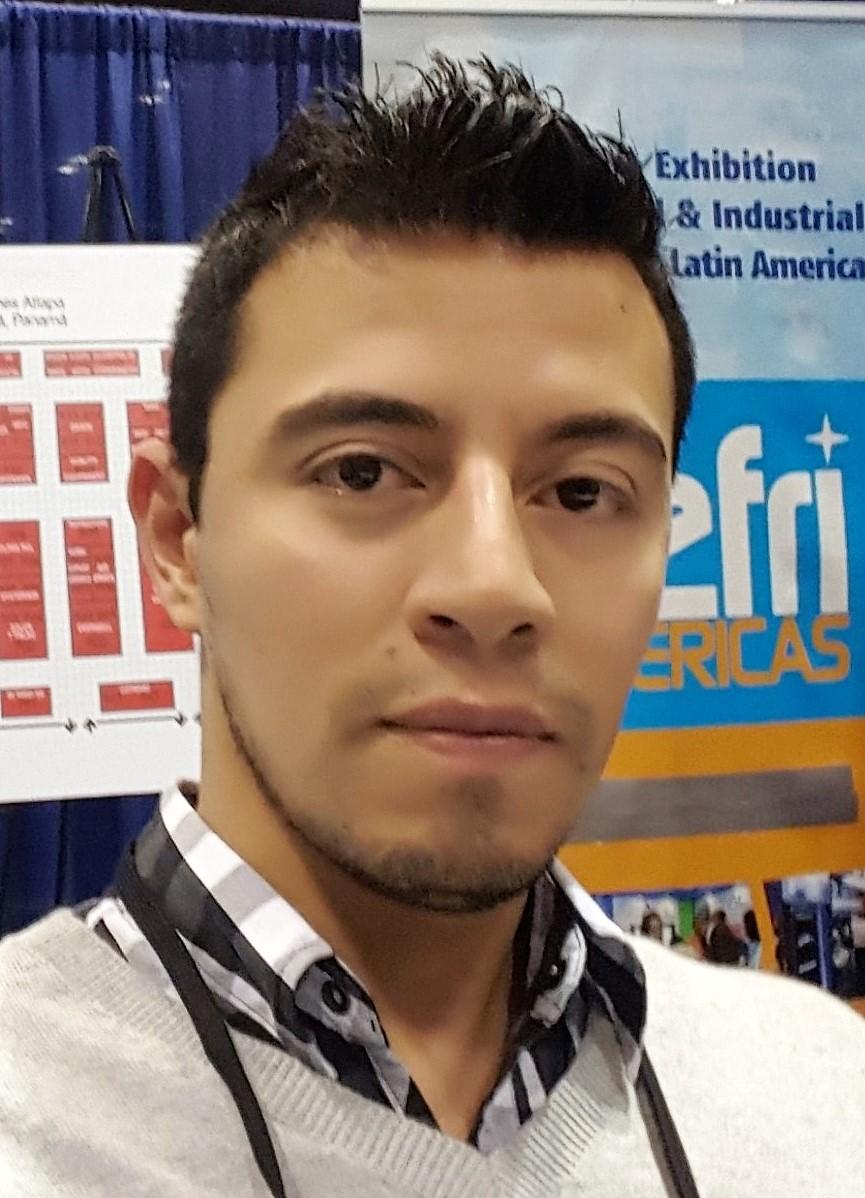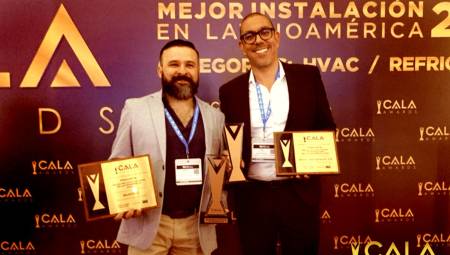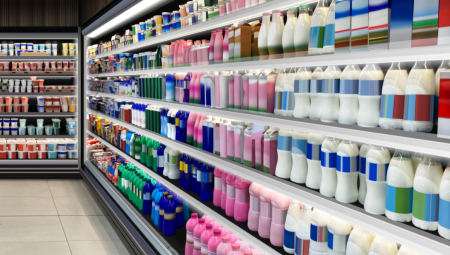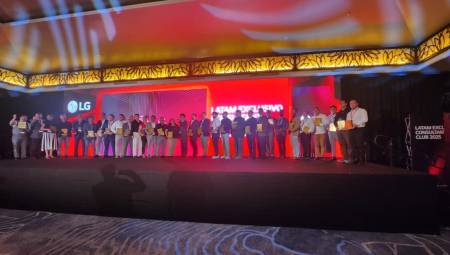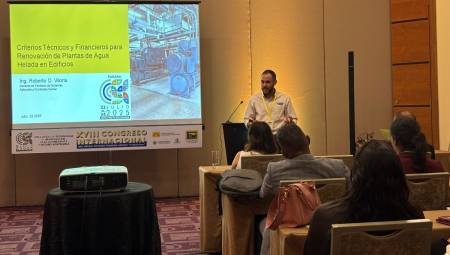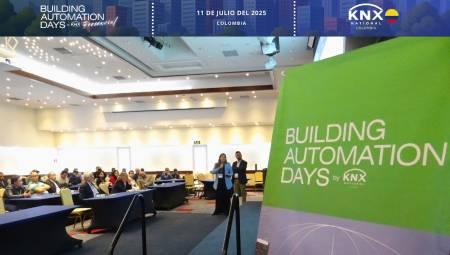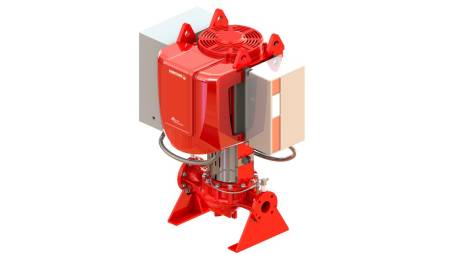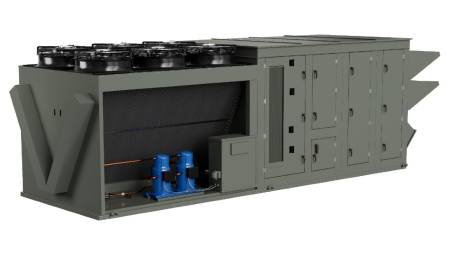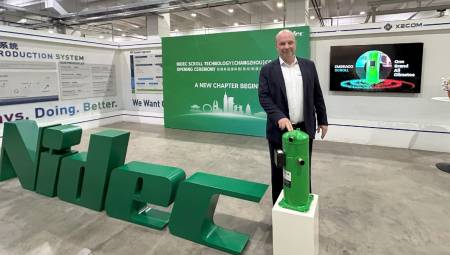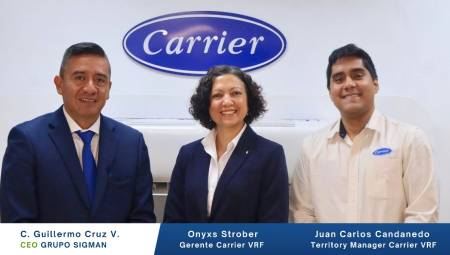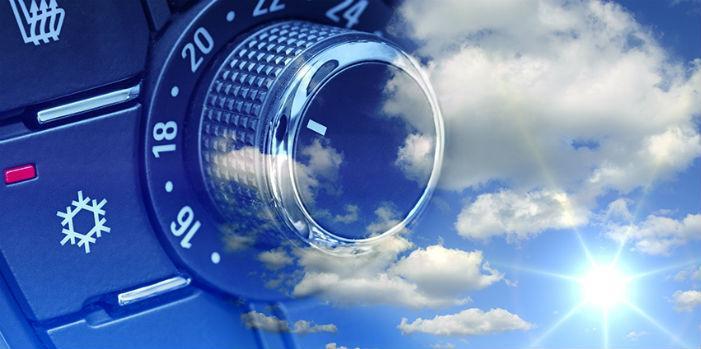 Spain. The research group 'Non-crystalline solids' of the University of Seville, in collaboration with the Technical University of Darmstadt, published an article in which they demonstrate how to obtain more efficient cooling systems with less environmental impact, thanks to the reduction of gas emissions.
Spain. The research group 'Non-crystalline solids' of the University of Seville, in collaboration with the Technical University of Darmstadt, published an article in which they demonstrate how to obtain more efficient cooling systems with less environmental impact, thanks to the reduction of gas emissions.
These advances will allow to control the temperature of any space with a lower environmental impact, thanks to the reduction of gas emissions, as well as to produce electric vehicles with greater autonomy, due to the lower consumption of its air conditioning system.
The authors of the study propose a new quantitative method to determine the order of thermomagnetic phase transitions. Knowledge of the characteristics of a phase transition has important applications in technology, in fields ranging from energy transformation to storage systems. In the specific case of thermomagnetic phase transitions, their fundamental application is oriented to the design and development of refrigeration systems with a lower environmental impact, since they do not use gases that contribute to the greenhouse effect or alter the ozone layer, while exceeding the energy efficiency of the best refrigerators and air conditioners that we can buy. today.
A large number of devices that we use today are based on this combination of phases and the transformation of one into another. "If we are able to describe these transformations in an appropriate way, we will be able to predict the behavior of the devices in real operating situations and we will be able to design more efficient devices," explains the professor of Physics, Victorino Franco García, who adds that "if we focus on cooling systems, It is worth mentioning that a large part of the energy consumed in our society is used in temperature control systems. Improving the energy efficiency of refrigeration systems will have a very important socio-economic impact, allowing us to maintain our lifestyle in a more sustainable way and making it easier for developing countries to achieve these standards in a more environmentally friendly way."
From ice to water
The simplest example of phase transition that is used almost daily is the transformation of ice into water. Both ice and water have the same chemical composition, but the structure of these two phases is different (solid vs. liquid). To transform the ice into water, heat is supplied to that solid, which we do through the drink in which we have immersed it. In this way we manage to keep the liquid at a practically constant temperature, lower than that of the environment, for a relatively long period of time.
There are other phase transitions that are not related to the crystal structure, but to the magnetic order of materials, as is the case with computer components.
Likewise, "there are phase transitions that are very beneficial for our way of life and others that can be detrimental to the purpose we pursue. The study of phase transitions allows us to avoid harmful ones and enhance the applications of others," says this researcher.
Electric vehicles with more autonomy
Although current vehicles allow us to make trips of considerable duration, the distance traveled is considerably reduced as soon as we connect the air conditioning. Like home refrigerators, the air conditioners of current vehicles are based on the compression and expansion of gases, which undergo a phase transformation from liquid to gas.
One of the most important lines of work of this group of experts from the University of Seville is to replace these cooling systems with others in which the phase transformation is not of a gas but of the magnetic state of a solid, of the ordering of the magnetic moments in the material. This has many advantages: while if we use gases there may be leaks in the circuit (which we usually detect in the hottest summer months, when we need the air conditioning the most), there are no leaks of the solid that we use as a magnetic refrigerant. By not using gases we do not damage the ozone layer and do not contribute to the greenhouse effect. And, "Most important of all, magnetic refrigerators can be 50% more efficient than conventional air conditioners. Therefore, its implementation in electric vehicles can help us make longer trips between each recharge of the batteries, "say the experts.
In this way, the proposal published in the journal Nature Communications can help to select, in an efficient and reliable way, magnetocaloric materials that allow optimizing the devices of the future.
Data Source Provider: University of Seville.


